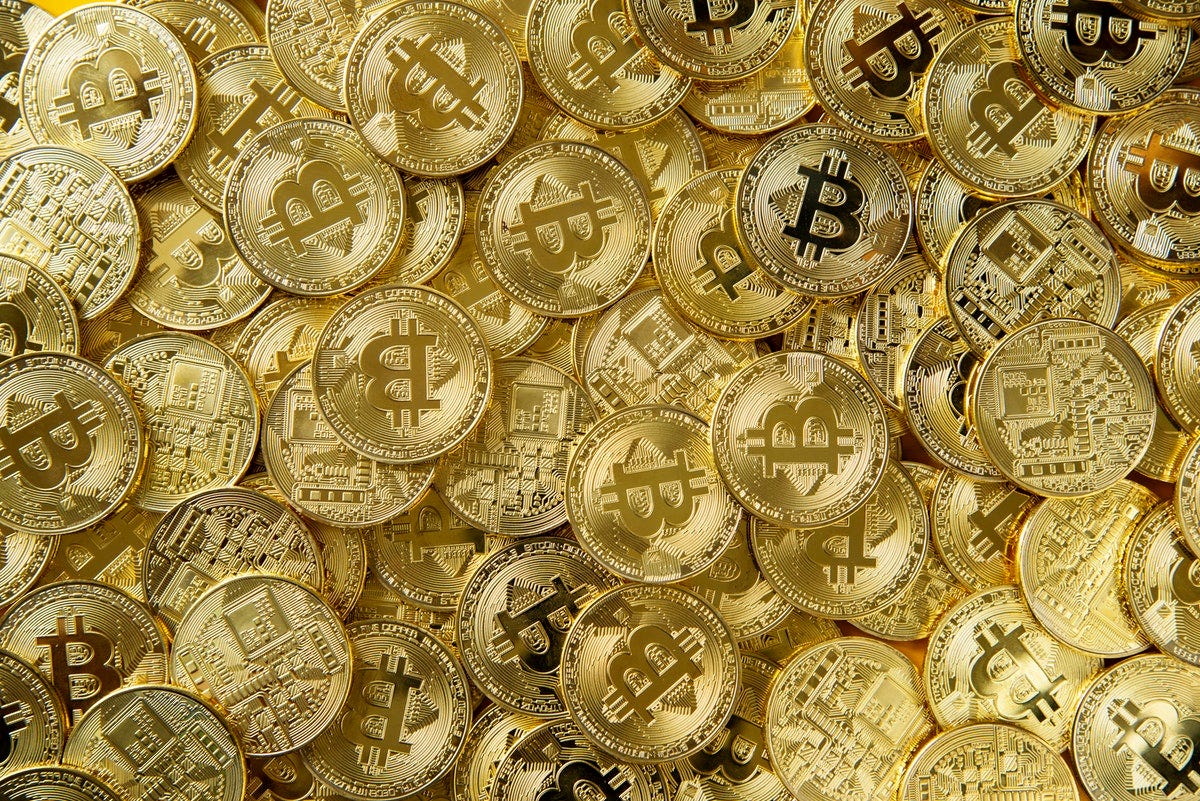Here’s Why These Major Brands Have Stopped Accepting Bitcoin

Bitcoin is full of potential, but it’s a bit of a mess right now. It was always intended as a currency that got out of the market’s way — but has the market spoken? Right now, you can find lots of conversations on Reddit and other corners of the internet asking the same question:
“How, and where, can I spend my Bitcoin?”
Of course, “Bitcoin” is one of several cryptocurrencies — but they all have nearly the same set of strengths and weaknesses.
Retailer squeamishness notwithstanding, the technology behind blockchain-based currencies provides accountability, traceability and transparency. And since it has numerous other applications apart from facilitating transactions, it’s here to stay.
But its potential for misuse, as well as its volatility, are driving major national and global brands to drop Bitcoin from their payment options.
Which Companies Are Refusing to Accept Bitcoin?
Here’s a partial list of companies that have dropped Bitcoin support for payments:
• Dell
• Expedia
• Fiverr
• Microsoft
• PayPal
• Steam
• Stripe
Additionally, Apple has banned any apps that engage in coin mining.
In a blog post, leadership at Steam — a popular digital distribution platform for PC games — cited the volatility of Bitcoin as well as its variable transaction fees, which they say skyrocketed from $.20 per transaction to $20 per transaction by the time they pulled the plug.
It should be noted that in early 2018, what some had referred to as Bitcoin’s “speculation bubble” appeared to have found a new equilibrium. In addition to seeing lots of money flooding into Bitcoin markets, it also saw transaction fees fall back down to the $1-and-under mark.
For their part, Stripe also cited high transaction fees — now potentially a moot point — in addition to long wait times for transactions to clear. Microsoft cited “instability,” although they left the door open to reconsideration.
More than most, Microsoft likely understands the potential of pivoting to such a technology-driven currency. But how long is too long to wait for this standard to come of age?
Bitcoin’s Greatest Feature Is Also a Potential Flaw
During their initial rollouts and afterward, new cryptocurrencies spend some time failing at one of the most important things money is supposed to do: maintaining a reasonably stable value so people can use it to purchase goods and services.
A great deal of the political process in civilized countries revolves around balancing the value of money with the state of economic opportunity and the productive output in that same country.
For better and worse, and probably mostly for the better, Bitcoin throws everything about this ordered design straight out the window. Relative independence from fiscal policy is a “feature,” not a “bug,” for cryptocurrency evangelists.
That’s the worry among these retailers: That Bitcoin is too untethered to any of the regulatory and social mechanisms that help traditional money maintain actual and perceived value.
To put it another way, everybody in America has a rough idea of what a dollar is worth, and we recognize it as part of a system in which we all already take part.
Bitcoin isn’t necessarily a less ideal “financial system” — it’s just a less mature one that we don’t know how to govern yet without smothering its most attractive features.
Another reason for the retail community’s about-face is how “confusing” Bitcoin can be. For any company chasing down global business, “confusing” isn’t great — there are already enough trade tensions, exchange rates, customs procedures, tariffs and taxes to concern ourselves with.
Transaction fees among crypto-based payment processing companies peaked at $37 per transaction. They’ve since become much more competitive with incumbent payment methods, however. For reference, most credit card companies don’t charge more than 2.9 percent per transaction.
We already have a world market where currencies themselves must compete with one another. Bitcoin proposes an attractive future where money isn’t a source of avoidable friction. But adoption is still its biggest enemy. Crypto is supposed to be the only type of money a modern world needs.
If everybody who is today using dollars, rupees, rubles, yen and renminbi to buy and sell things instead, overnight, switched to Bitcoin, this dream would look far closer than it does presently.
The Search for Credible Currencies
There’s a lot of promise in crypto, but most people aren’t ready to commit to it. Why? Because other people aren’t ready to commit to it. The rollout of this technology has become a catch-22.
But that doesn’t dull its vast potential. There’s a long uphill climb before Bitcoin and any other digital currencies earn legitimacy and a place alongside other world currencies.
Some companies have decided it’s not a hill worth climbing — but that doesn’t mean history can’t prove them wrong in time.
Image by Rawpixel

Comments ()